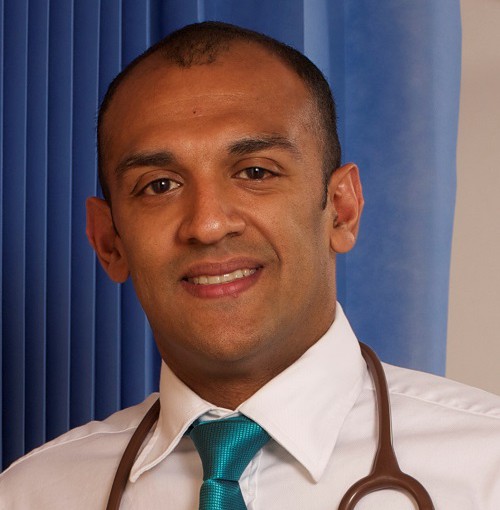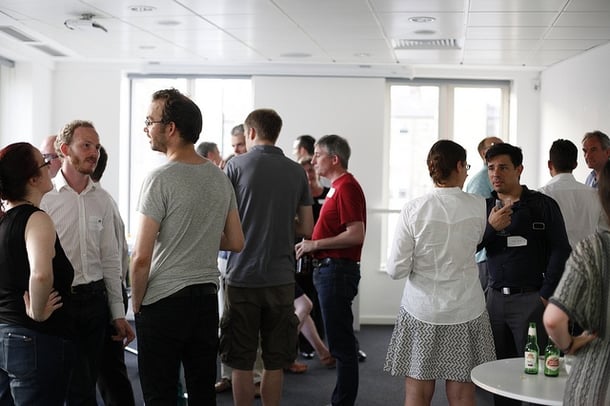Getting work, work life balance
Life after GPVTS
Being a GP at the moment can be summed up in 2 words:
- Awesome
- Tough
Resilience is the current buzz word for GPs looking to weather the storm, but this is only one side of the coin. It helps with the fact that the job is Tough. But how will you make sure you experience the Awesome?
Network, network, network
You are now an independent practitioner but that does not mean you have to isolate yourself. If you locum lots or beaver away in your room as a salaried doctor, you can get to the end of the week and realise you never spoke to anyone else with a medical degree.
I'm not being elitist here - we need to debrief, chat about cases and bounce ideas of someone who knows our world. We need other doctors.
Do it face to face, do it via social media, go to meetings with other doctors even when it means your paperwork will keep you late that day. You need to network because then you can:
Get peer support
My workload is heavy. When I was salaried, I had issues with the Partners. Now I'm a partner, I have issues with the salaried doctors. No one really understands me. Apart from the people who are in exactly the same situation as me. Find them, moan together, laugh together, share solutions together.
It might just save your career.
Your local RCGP faculty can help you find a local Self-Directed Learning Group (if you're a member) and you can always create your own......you just have to Network first!
Find opportunities
Speak with others and become part of the medical community within an area and then opportunities will come your way to diversify your portfolio.
What does that mean? Less time spent seeing patients and more time doing something a little different that (hopefully) interests you.
The workload associated with patients is the toughest part of the job. To quote Donald Draper of Mad Men (completely out of context) "limit your exposure".
Teach, work for the CCG, BMA, LMC, RCGP, (insert other acronyms here). Your options are limited only by your imagination - ship's doctor, medical advisor, entrepreneur.
The list is really really long. Network.....you'll find out what other people do, find out the pros and cons and how to make the first steps.
Be prepared to go the extra mile
In an environment with escalating workload and diminishing resources, I still suggest you go the extra mile.
Why? Because that's why you became a GP. Ok, there may have been some egocentric reasons too, but the JD was to look after patients.
If you don't get satisfaction from knowing you made a difference for someone, then you picked the wrong job. And we all want job satisfaction, and we get that by knowing we went the extra mile. Not every time, not for everyone who asks, but sometimes.
It's good for the soul.
Engage with the system
Appraisal and revalidation, prescribing audits, IG training, ill-conceived clinical targets. Moan about them (see Get Peer Support above) but the only way you'll change it is from within (see Find Opportunities above).
Unless you are in such a position, just get on with it. These things exist for a reason, whether you agree with them or not is irrelevant in the here and now. I'm not saying don't try to change them, but if you're limited on time, energy and patience, leave the fighting to others and just engage.
It will keep you sane.
Ask for help when you need it
If you are struggling, whatever your circumstances, ask for help early. There is no shame in it. We have a difficult job and we are but human. There are support mechanisms in place, and the majority of issues can usually be resolved easily.
So ask for help from your colleagues when you've got 3 extra patients and 10 patients still to call and only 30 minutes till your afternoon surgery starts.
Ask for help when your job starts stopping you from enjoying life.
When you dread going to work, it's time to reflect and figure out what you need to make it awesome again.
Chris Ferdinand (“Ferdy”) has been a First 5 Co-lead in South London, served on the London RCGP AiT First 5 Committee (which he also chaired) and has set up the RCGP Life After VTS course. His practice in Lewisham was filmed for the Channel 5 documentary series, ‘Behind Closed Doors’.
See also




